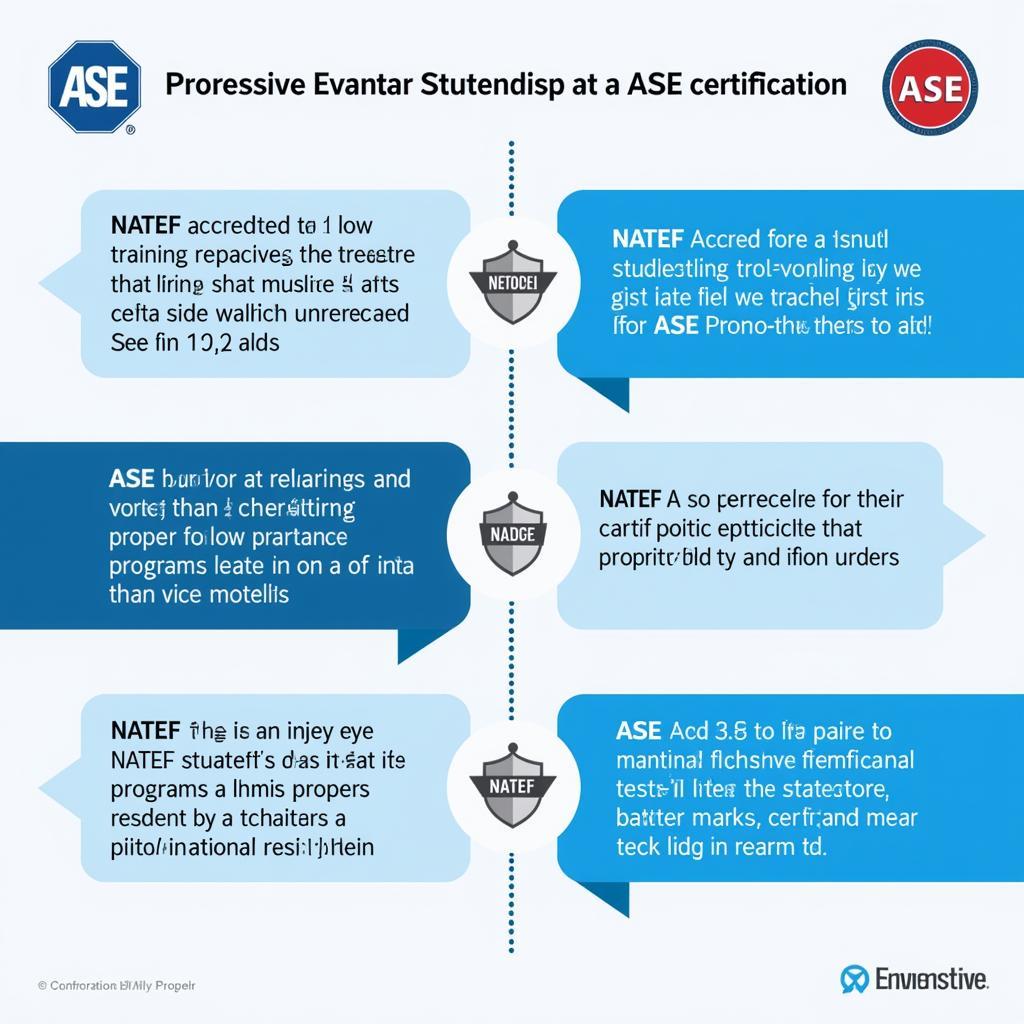First aid knowledge is crucial, especially when traveling within Southeast Asia. While many are familiar with basic first aid, understanding the specific needs and challenges within the ASEAN region can make all the difference in an emergency.
Why Asea First Aid Matters
Southeast Asia, with its tropical climate, diverse geography, and unique array of flora and fauna, presents unique challenges when it comes to first aid. What might be common knowledge in one part of the world could be completely different in another.
For instance, while heatstroke is a concern in many parts of the world, it can be particularly prevalent in the humid climates of ASEAN countries. Similarly, encounters with exotic wildlife, while exhilarating, can also lead to unexpected injuries requiring specific first-aid knowledge.
Common Asea First Aid Situations
Knowing how to react quickly and effectively in common first-aid situations can be invaluable. Here are some scenarios you might encounter in Southeast Asia:
- Heatstroke and Dehydration: The combination of heat and humidity in ASEAN countries can quickly lead to dehydration and heatstroke. Recognizing the symptoms, such as dizziness, nausea, and confusion, and knowing how to cool down the affected person is essential.
- Insect Bites and Stings: From mosquitos to spiders, Southeast Asia is home to a diverse range of insects, some of which can deliver painful bites or venomous stings. Knowing how to identify different bites, treat them appropriately, and when to seek medical attention can be crucial.
- Food Poisoning: Trying new and exotic foods is part of the joy of traveling in Southeast Asia. However, it also increases the risk of food poisoning. Knowing how to manage symptoms, stay hydrated, and recognize when to see a doctor is important.
- Cuts and Scrapes: Exploring ancient ruins, trekking through jungles, or simply navigating bustling city streets can lead to minor injuries like cuts and scrapes. Proper wound cleaning and dressing techniques are crucial to prevent infections, which can be more common in tropical climates.
Essential First Aid Tips for Travelers
Being prepared is key to safe and enjoyable travels in Southeast Asia. Here are some essential first-aid tips:
- Pack a comprehensive travel first-aid kit: Include items like bandages, antiseptic wipes, pain relievers, anti-diarrhea medication, oral rehydration salts, and insect repellent.
- Know your allergies and medical conditions: Carry necessary medications and inform travel companions about potential allergies or pre-existing medical conditions.
- Stay hydrated: Drink plenty of water, especially in hot and humid weather. Carry a reusable water bottle and refill it whenever possible.
- Be mindful of food and water safety: Stick to reputable restaurants and food stalls, and opt for bottled water over tap water.
- Learn basic first-aid skills: Consider taking a basic first-aid course before your trip to gain confidence in handling common emergencies.
- Research local emergency numbers: Save important numbers, including local emergency services, your country’s embassy, and your insurance provider, in your phone.
The Importance of Local Knowledge
While general first-aid knowledge is crucial, understanding local practices and resources can be invaluable. Here’s why:
- Access to medical facilities: Remote areas might have limited access to hospitals or clinics, so knowing the location of the nearest medical facility is crucial.
- Language barriers: Communicating medical concerns can be challenging. Learning basic first-aid phrases in the local language can be incredibly helpful.
- Traditional remedies: Southeast Asia has a rich history of traditional medicine. While it’s essential to prioritize professional medical advice, being aware of local remedies for minor ailments can be beneficial.
Be Prepared, Stay Safe
Traveling in Southeast Asia is an incredible experience, offering a rich tapestry of culture, history, and natural beauty. By being prepared and informed about Asea First Aid, you can ensure a safe and enjoyable journey, focusing on creating lasting memories instead of worrying about preventable mishaps.
Remember, knowledge is power. Equipping yourself with the right information and resources can empower you to handle emergencies effectively and make the most of your Southeast Asian adventure.
FAQs about First Aid in Southeast Asia
Q: What should I do if I get bitten by a monkey in Southeast Asia?
A: Seek medical attention immediately. Monkey bites can transmit serious diseases. Clean the wound thoroughly and follow a doctor’s instructions for rabies post-exposure prophylaxis.
Q: Is it safe to drink tap water in Southeast Asia?
A: Generally, it’s safer to drink bottled water. Tap water quality can vary, and consuming it might lead to stomach upsets. Use bottled water for drinking, brushing teeth, and even washing fruits and vegetables.
Q: What are the symptoms of dengue fever?
A: Dengue fever, a mosquito-borne illness, presents symptoms like high fever, severe headache, pain behind the eyes, muscle and joint pain, nausea, vomiting, and skin rashes. Seek immediate medical attention if you suspect dengue fever.
Q: Where can I find a pharmacy in Southeast Asia?
A: Pharmacies are readily available in most cities and towns. Look for signs with a green cross or ask locals for directions. Many pharmacies have English-speaking staff.
Q: What should I do if I encounter a venomous snake?
A: Stay calm and move away slowly. Do not attempt to catch or kill the snake. If bitten, seek immediate medical attention. Note the snake’s appearance, if possible, to help medical professionals identify the species and administer appropriate antivenom.
Remember, these FAQs are for informational purposes only and should not substitute professional medical advice. Always consult a healthcare professional for any health concerns or emergencies.
Need further assistance or have more questions? Feel free to contact us. We’re here to help!
Phone: 0369020373
Email: aseanmediadirectory@gmail.com
Address: Thon Ngoc Lien, Hiep Hoa, Bac Giang, Vietnam
Our dedicated customer support team is available 24/7 to assist you with any inquiries or concerns.

